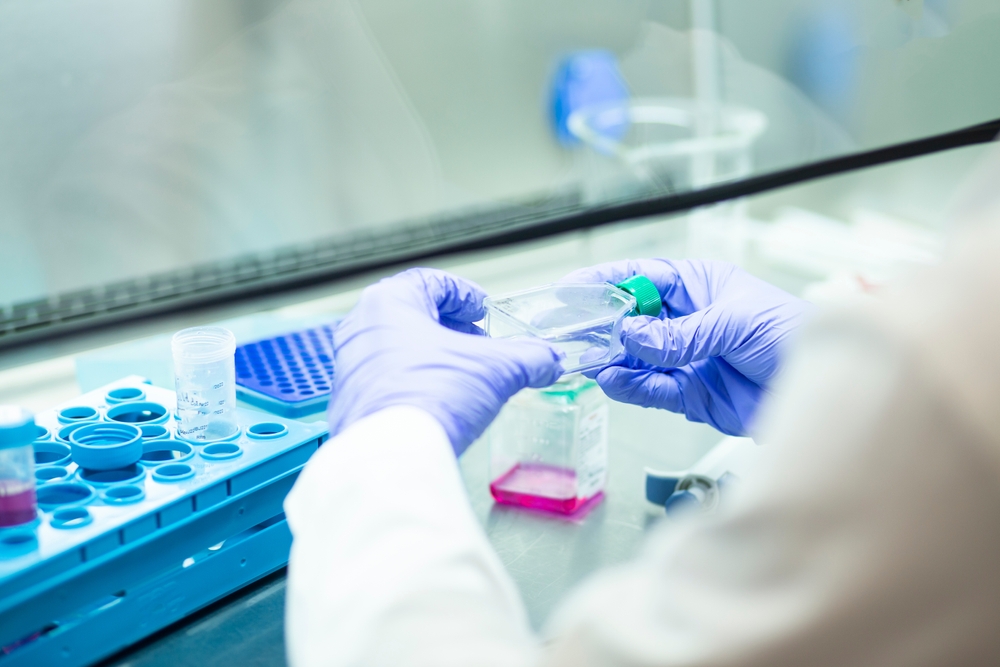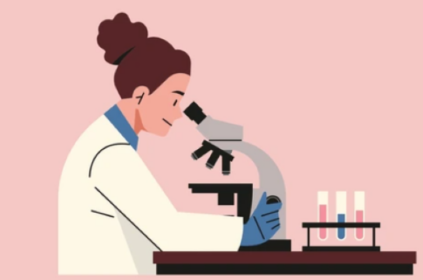Patient Worthy, our rare disease partner site, just published an article outlining a study of women who undergo allogeneic hematopoietic cell transplantation (alloHCT), which can lead to treatment-related challenges regarding fertility. alloHCT is used as a treatment for blood cancers such as leukemia and lymphoma, as well as certain solid tumor such as breast cancer.
The study examined the progression of 2,654 women who underwent alloHCT from 2003 to 2018 referenced in the German Transplant Registry. Dr. Katja Sockel, the lead researcher in the study summarized the findings:
“Although the annual first birth rate after alloHCT is more than six times lower than in the general German population, the findings suggest ‘a realistic chance for pregnancy,’” Dr. Sockel and colleagues wrote in an email to MedPage Today. Dr. Sockel noted that “the results of this study show that female alloHCT recipients can achieve safe pregnancies. These findings help provide a basis for counseling young women of childbearing age and raising awareness of and funding for different ART [assisted reproductive technologies] techniques so that patients can have a normal life after alloHCT.”
Dr. Sockel also discussed the need for greater awareness around fertility for women who are undergoing other types of cancer treatment.
“Ideally, fertility counseling should be implemented as early as possible,” she said, emphasizing that counseling and recommendations on different fertility-preserving interventions should be individualized and consider factors such as disease stage, hormone status and the underlying disease.
You can read more about the findings of the alloHCT study over at Patient Worthy.
Editor’s Note: Get Involved
Cancer doesn’t discriminate. WHATNEXT and its partners are interested in amplifying the voices of those from all identities and backgrounds. If you have a cancer journey to share, reach out here to learn more about how your voice can help spread awareness and inspire individuals from all walks of life.
breast cancer leukemia lymphoma
Last modified: September 23, 2024











